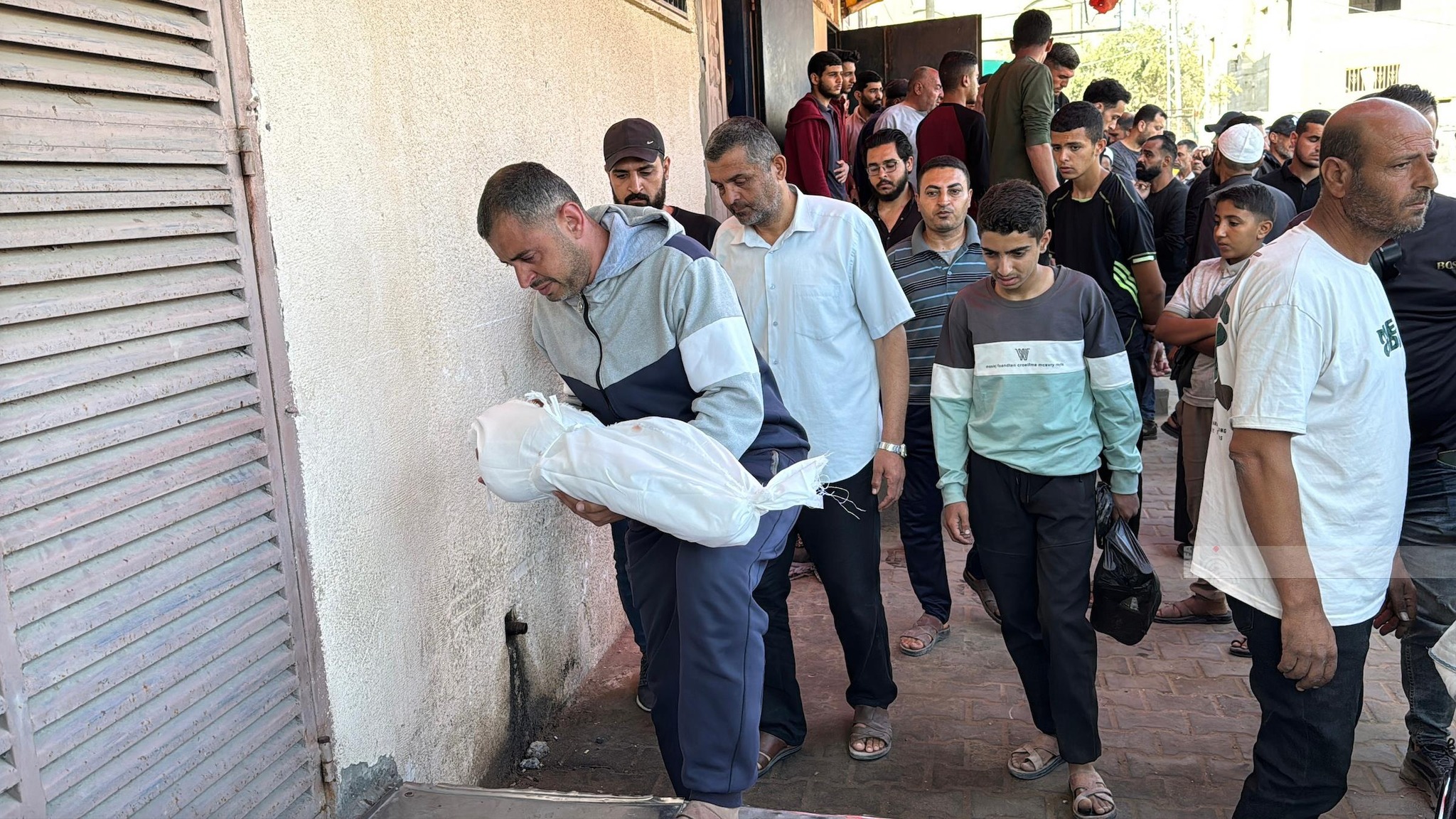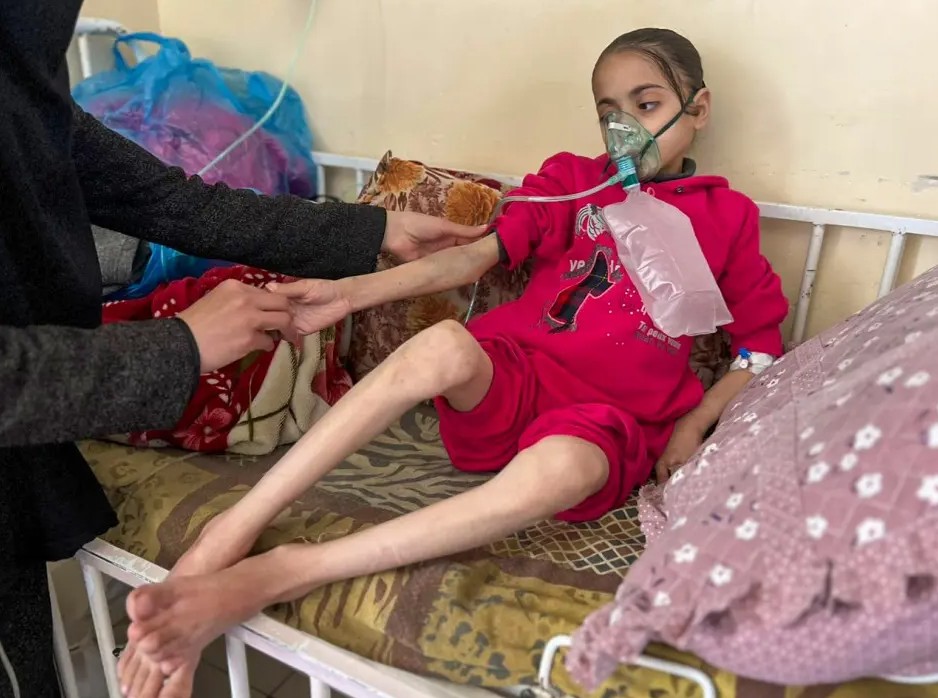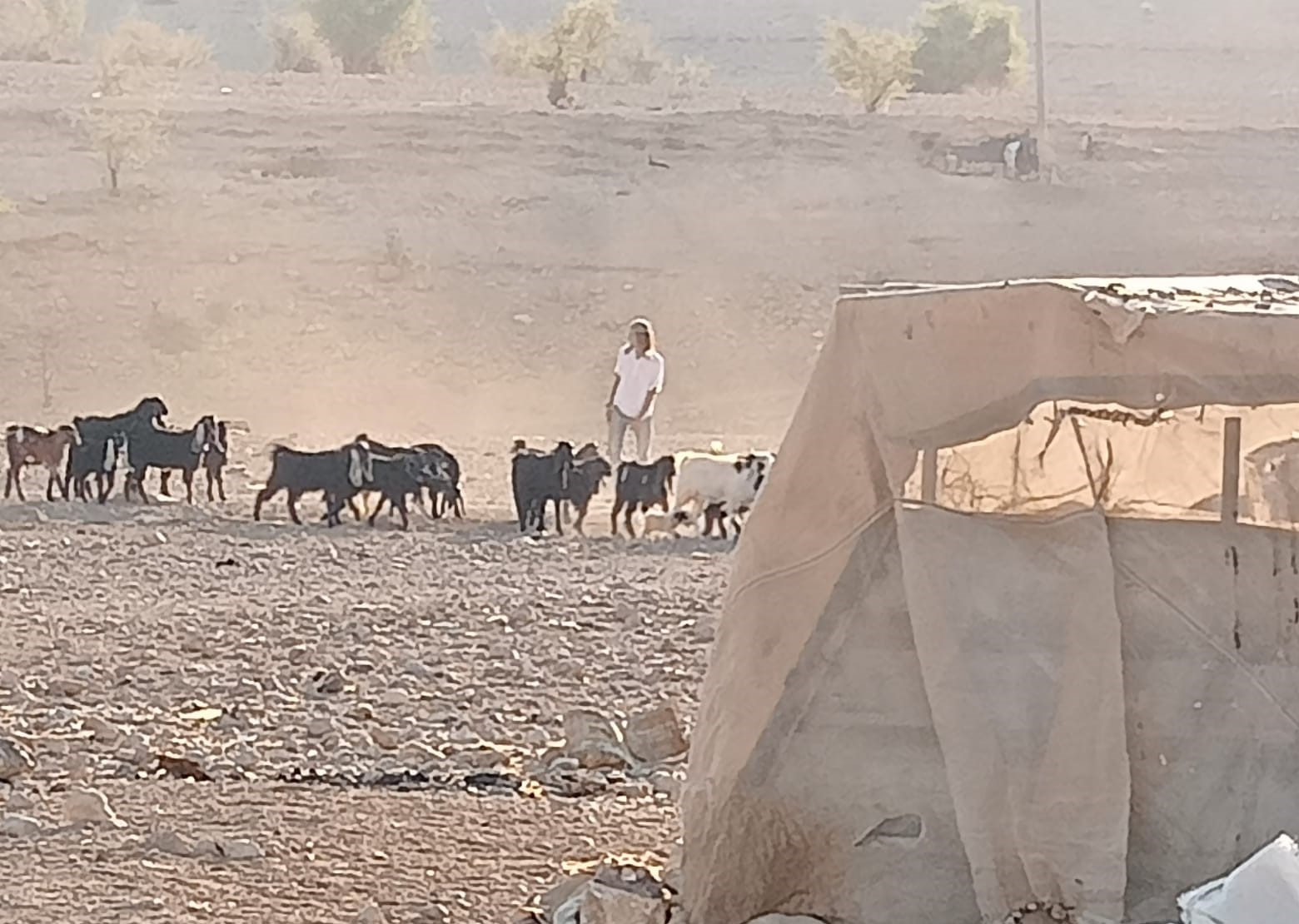GENEVA, October 16, 2009 (WAFA)- The twelfth Special Session of the Human Rights Council on the UN human rights situation in the Occupied Palestinian Territory and East Jerusalem concluded this morning after adopting a resolution in which it endorsed the recommendations contained in the report of the independent international Fact-Finding Mission led by Justice Goldstone and called on all concerned parties to ensure their implementation.
In the resolution, which was adopted by a vote of 25 in favour, six against, and 11 abstentions, the Council strongly condemned all policies and measures taken by Israel, the occupying Power, including those limiting access of Palestinians to their properties and holy sites particularly in Occupied East Jerusalem, on the basis of national origin, religion, sex, age or any other discriminatory ground.
It condemned further the recent Israeli violations of human rights in Occupied East Jerusalem, particularly the confiscation of lands and properties, the demolishing of houses and private properties, the construction and expansion of settlements, the continuous construction of the separation Wall, changing the demographic and geographic character of East Jerusalem, the restrictions on the freedom of movement of the Palestinian citizens of East Jerusalem, as well as the continuous digging and excavation works in and around Al-Aqsa mosque and its vicinity.
The Council demanded that Israel respect the religious and cultural rights in the Occupied Palestinian Territory and allow Palestinian citizens and worshippers unhindered access to their properties and religious sites therein. It also demanded that Israel immediately cease all digging and excavation works and activities beneath and around Al Aqsa Mosque and its vicinity, and refrain from any acts or operations that may endanger the structure or foundations or change the nature of holy sites both Christian and Islamic in the Occupied Palestinian Territory, including East Jerusalem.
At the beginning of the meeting, the Council heard speakers in the general debate who noted that the Council was holding a Special Session while the situation in the Occupied Palestinian Territory was worsening. The excavations carried out in and around the Al Aqsa Mosque were aimed at changing the geography of the site and Israel had to be stopped. Other speakers were concerned at what they saw as a continued and unbalanced attention given by the Council to Middle East issues. The earlier decision of the Council in March (to postpone consideration of the Goldstone report till March 2010) reflected the complexity and seriousness of the question. It was therefore felt that a Special Session had not been warranted at this time.
Speaking in the general debate were Turkey, the League of Arab States, Iran, Syria, Lebanon, Libya, Costa Rica, the African Union, Maldives, Panama, the Organization of the Islamic Conference, Iceland, Morocco, Canada, Australia, Afghanistan, Kuwait and Switzerland.
Also taking the floor were the following non-governmental organizations: Mouvement contre le racisme et pour l'Amitié entre les peoples; International Federation of Human Rights Leagues; Al-Haq, Law in the Service of Man; Human Rights Watch; Action Canada for Population and Development; Badil Resource Centre for Palestinian Residency and Refugee Rights; International Commission of Jurists; UN Watch; ADALAH – Legal Centre for Arab Minority Rights in Israel; B'nai B'rith International; Union of Arab Jurists; North South XXI; Women's International League for Peace and Freedom; World Union for Progressive Judaism; international Organization for the Elimination of All Forms of Racial Discrimination; Palestinian Centre for Human Rights; Cairo Institute for Human Rights Studies; and the International Committee For The Respect and Application Of The African Charter On Human Rights And People's Rights. The Palestinian Independent Commission for Human Rights also took the floor.
Palestine and Israel spoke on the resolution in their capacity as concerned countries. Speaking in an explanation of the vote before the vote were the delegations of the United States, Chile, Slovenia, Brazil, Uruguay, Argentina, Norway and Mexico. Speaking in an explanation of the vote after the vote were the delegations of India, Slovakia, Belgium, the Russian Federation, China, the Netherlands and Italy. Algeria spoke in a general comment after the vote
The United Nations Fact Finding Mission on the Gaza Conflict, led by Justice Richard Goldstone, was tasked by the Council 'to investigate all violations of international human rights law and international humanitarian law that might have been committed at any time in the context of the military operations that were conducted in Gaza during the period from 27 December 2008 and 18 January 2009, whether before, during or after'. The report of the Mission, presented to the Council's twelfth session, concluded that, while the Israeli Government sought to portray its operations as a response to rocket attacks in the exercise of its right to self defence, the Israeli plan had been directed, at least in part, at the people of Gaza as a whole.
The report also found that Palestinian armed groups had succeeded in causing terror within Israel's civilian population through the launch of thousands of rockets and mortars into Israel since April 2001. It recommended that the Security Council require the Government of Israel to take all appropriate steps, within a period of three months, to launch appropriate investigations that were independent and in conformity with international standards; and with regard to the relevant Palestinian authorities, that it require the independent committee of experts to monitor and report on any domestic legal or other proceedings undertaken by the relevant authorities in the Gaza Strip.












